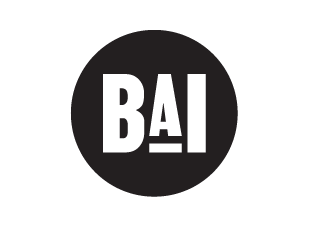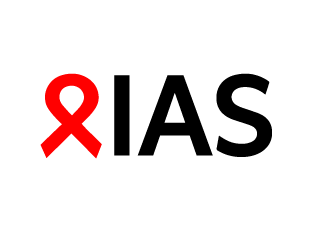Thank you for your interest in CCO content. As a guest, please complete the following information fields. These data help ensure our continued delivery of impactful education.
Become a member (or login)? Member benefits include accreditation certificates, downloadable slides, and decision support tools.

Clinical Assistant Professor
Global Health
University of Washington
Principal Staff Scientist
Vaccine and Infectious Disease Division
Fred Hutchinson Cancer Center
Seattle, Washington
Stephaun Elite Wallace, PhD, MS, has disclosed that he has received consulting fees from ViiV Healthcare and funds for research support from Johnson & Johnson/Janssen.
We’re all in this together—this is the mantra I keep returning to in this COVID-19 era. And although SARS-CoV-2 knows no geographic or societal barriers, the COVID-19 pandemic has disproportionately affected Black, indigenous, and people of color (BIPOC) due to ongoing negative social constructs that include medical racism and structural healthcare inequities. BIPOC communities continue to face disproportionately lower access to optimal COVID-19 care and disproportionately higher mortality from COVID-19. The question at hand is: What can we do about it?
Respect Patient Autonomy
First, healthcare professionals need to respect patients’ autonomy, including their right to refuse vaccination. This may seem counterintuitive, but—although vaccine hesitancy is prevalent in all groups of people—BIPOC communities have historical trauma and contemporary experiences with racism that compound any baseline distrust of governmental and healthcare agencies. This has only been exacerbated by inconsistent public health messaging that has ranged from downplaying the SARS-CoV-2 threat to proposing vaccine mandates. The result is that BIPOC may have all sorts of rational concerns, and these deserve to be treated with respect—not dismissed.
Ask Permission to Inform
Second, healthcare professionals should redouble their efforts to overcome the misinformation that abounds on COVID-19 vaccination through respectful dialogue—in other words, listening with intent to understand and asking patients’ permission to inform. Keep in mind that bad actors are putting out vaccine messaging with the intent to create chaos and dissension. Just one example occurred last year, when an antivaccine group engaged Black healthcare experts in an intentionally misleading way. This group interviewed Black experts and then presented snippets of their comments on historical medical racism out of context in a film that was specifically aimed at increasing fear and decreasing vaccine uptake in Black communities.
Use a Community-Level Approach
Third, remembering the adage that “all politics is local,” we need to apply more of our resources, energy, and efforts at the community level, particularly in BIPOC communities. In this COVID-19 pandemic, I’ve been surprised to see how much public health effort is directed at top-down messaging using BIPOC celebrities, including national webinars, television ads, and social media campaigns. I’ve found that engaging BIPOC in their communities—where they work, where they shop for groceries, where they get their hair done, where they get school supplies for their kids—really has positively impacted people. The groups that I work with, including my external relations team at the COVID-19 Prevention Network and our community- and faith-based partners, have received a tremendous amount of positive feedback from BIPOC about this community-level approach.
I think this approach has allowed for a restoration of the notion of dignity and humanity in people—that you are not hiding in an ivory tower, or behind a lab coat, or behind all of those letters after your name. Rather, you are a person talking to another person in a neutral space. We focus on answering questions directly, rather than anticipating or making assumptions about what people know, and on speaking accurately without unnecessary scientific jargon.
Your Thoughts?
How do you and your staff address your patients’ concerns while respecting patient autonomy? What resources or strategies have you used to explain scientific concepts without excessive jargon? Answer the polling question and join the conversation by posting in the discussion section.


You are now leaving the CCO site. The new destination site may have different terms of use and privacy policy.